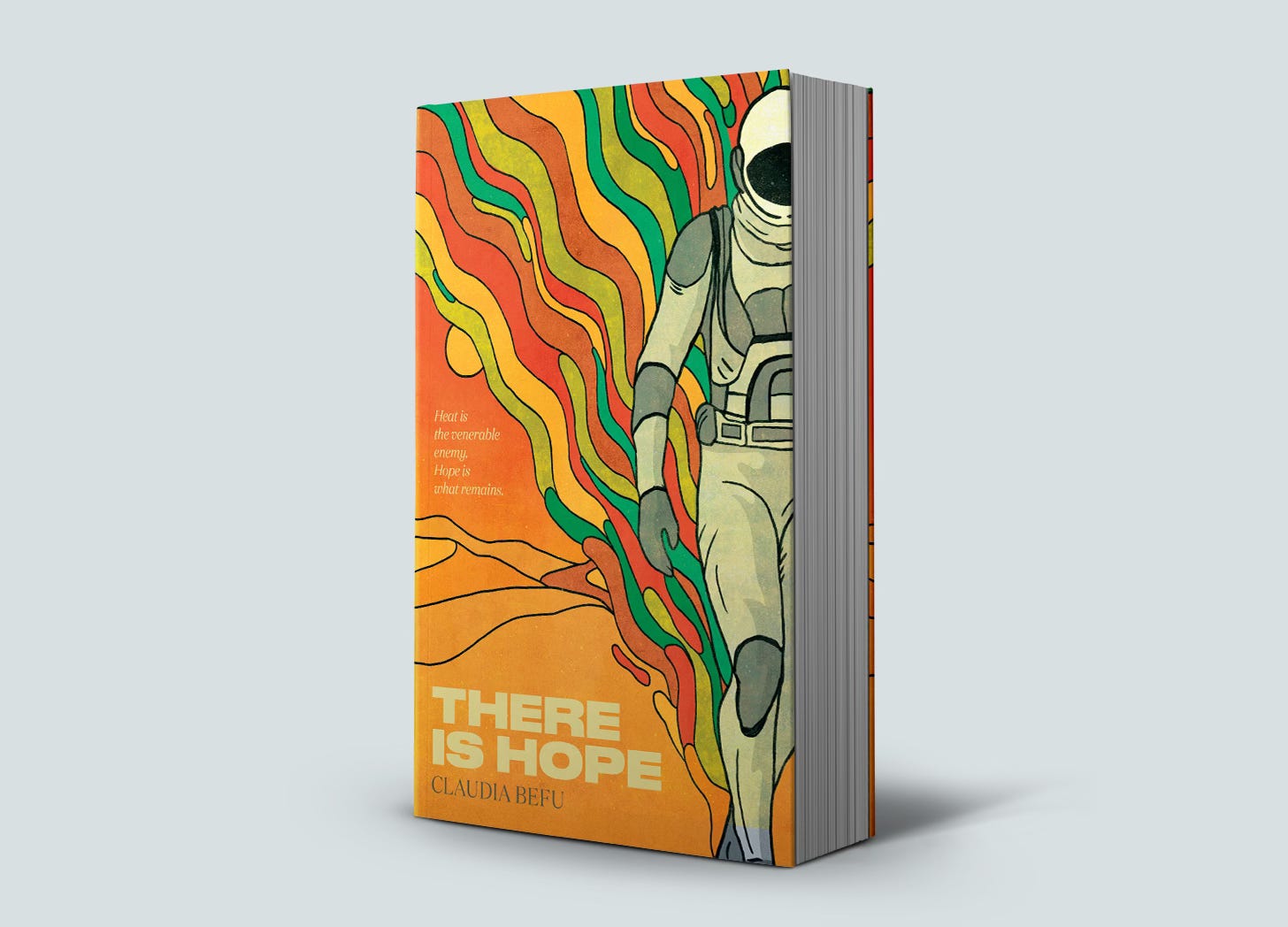Access to seeds will determine your social class in the future
There Is Hope: A letter from the future
I am writing today's newsletter edition as a guest writer. My name is Fani, and I live in the Northern Colony Alliance in the year 2550 in a region known in your time as Sweden.
If you're having a moment because of my name, know that English is not the lingua franca of the 26th century. Additionally, you can go ahead and google how to pronounce Fani, a S…


